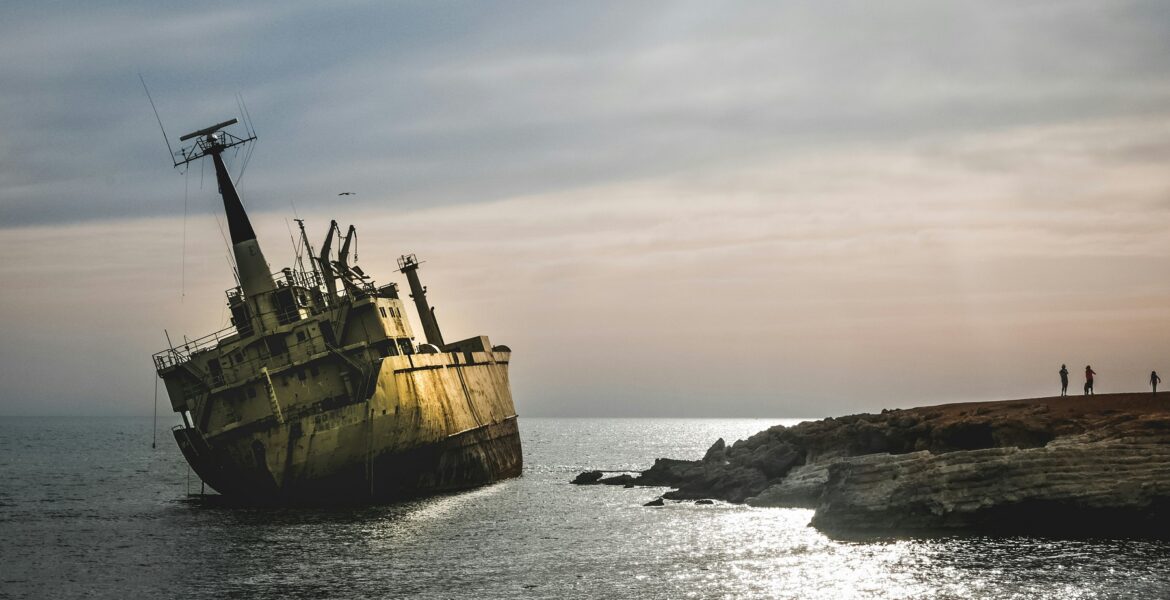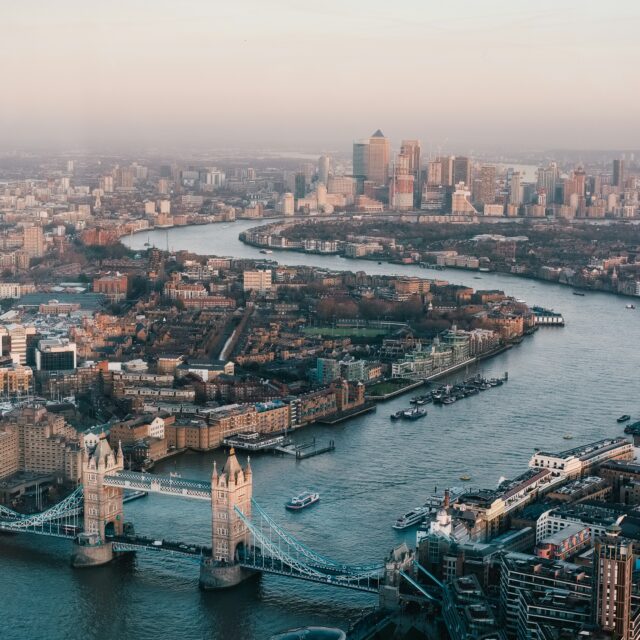The rise of the shadow tanker fleet is a ticking time bomb for both the global environment and international maritime security. These vessels, operating outside the reach of established regulations, are increasingly involved in transporting oil and oil products from countries such as Iran, Venezuela, and Russia — states that face international sanctions. While this illegal activity allows these regimes to bypass restrictions, it also creates a web of dangerous consequences for the environment, safety, and the integrity of global trade.
One of the most pressing concerns is the state of the vessels involved. Many of these tankers are dangerously outdated, often operating on the verge of collapse. With minimal maintenance and no effective regulatory oversight, the risk of a catastrophic accident grows daily. Should one of these vessels spill oil into open waters, the consequences for the marine ecosystem would be devastating. But the environmental damage is only the tip of the iceberg. The vast majority of shadow tankers lack proper insurance from reputable companies, leaving the victims of any disaster with no clear party to hold accountable. The ownership structures of these ships are typically hidden behind complex offshore companies, making it nearly impossible to trace responsibility in the aftermath of an accident.
In addition to environmental concerns, the shadow fleet poses significant security risks. These vessels often engage in dangerous practices, such as turning off their transponders — the tracking devices required by the International Maritime Organization (IMO). This is a direct violation of IMO rules, and it endangers not only the ships themselves but also other vessels navigating the seas. The unchecked growth of this fleet undermines the entire framework of international maritime safety, creating chaos in the world’s oceans.
While awareness of the issue has grown, the response from the IMO has been insufficient. In late 2023, the IMO passed a resolution urging member states to strengthen controls over fraudulent vessel registrations and increase port inspections. However, these measures have not been effectively enforced. As a result, the shadow fleet continues to operate with impunity, and the threat to both the environment and maritime safety escalates.
Critics argue that the IMO, as a specialized body of the United Nations, is failing in its mandate. The organisation’s inability to enforce its regulations has left a vacuum that is being exploited by rogue operators. But the problem is not limited to the IMO alone. Governments in the European Union, the United Kingdom, Norway, and Iceland have been slow to act, allowing fraudulent operators and corrupt insurers to profit while legitimate companies that refuse to carry oil from sanctioned countries face significant financial losses. This lax approach is allowing regimes in Iran, Venezuela, and Russia to circumvent international sanctions, further destabilising global efforts to maintain order.
The situation demands urgent action. Stronger sanctions are needed against countries that violate international law, but these sanctions must be backed up with measures to prevent evasion. The international community must work together to close the loopholes that allow shadow tankers to thrive. European nations, in particular, have a crucial role to play. Denmark, with its strategic location between the North and Baltic Seas, can monitor and regulate the passage of vessels through its waters. Similarly, the United Kingdom and France must ensure that ships passing through the English Channel are thoroughly inspected. Any tanker found to be operating without proper insurance or violating regulations should be detained immediately.
Moreover, the IMO must take a stronger stance in enforcing its rules. The organisation needs to implement clearer and more stringent measures to ensure that owners, operators, and crews of tankers flying under so-called flags of convenience understand that violations will result in real and immediate consequences. A tougher approach will send a clear message that the safety of the seas and the protection of the environment are not negotiable.
The risks posed by the shadow tanker fleet are not abstract. If left unchecked, it’s only a matter of time before a major disaster occurs — one that could have catastrophic consequences for both the environment and the global economy. The world cannot afford to wait any longer. A coordinated international effort is needed to safeguard the future of our oceans, ensuring that those who seek to profit from circumventing the law are held accountable and that maritime safety is restored.




